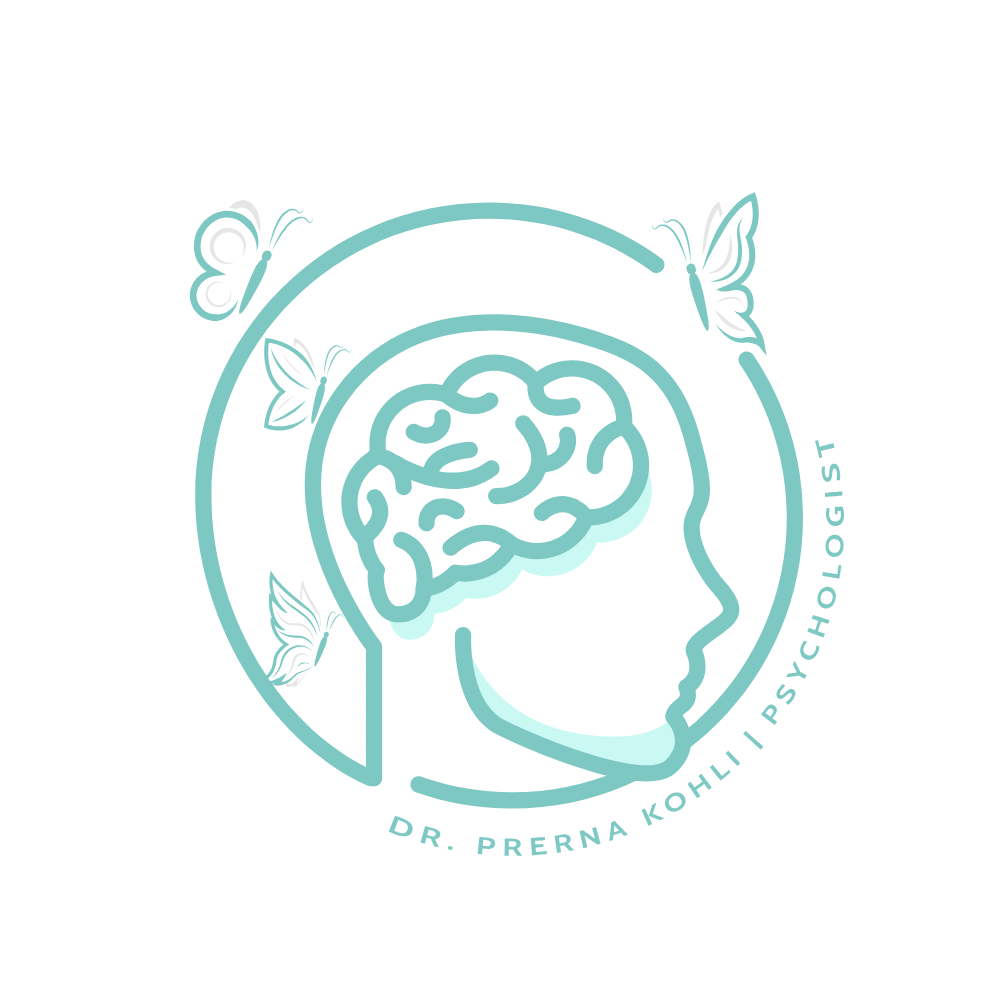While both fear and phobia share similar symptoms, understanding the difference between fear and phobia is vital because they are very different problems. One is normal(fear) and the other is severe(phobia). Hence, the solutions strategies to deal with them are extremely different.
Comparison- Fear or Phobia
Fear is an emotional response to a real or perceived imminent threat. It is a very normal emotion. Whereas, phobia is an anxiety disorder involving fear which is excessively out of proportion to the situation. Fear goes onto become a phobia when it causes disturbances in daily functioning.
In fear-provoking situations, some might be able to control their fear and overcome the trouble without much discomfort. On the other hand, phobia creates a strong reaction to fear. People with phobia will go out of their way to avoid certain situations, objects or place and they may even experience the anxiety when the threat is not approaching.

Response in the face of fear
Fear leaves you in a space of scared and doubting yourself but no situation is difficult to deal with. Positive affirmations are one of the ways you can maintain confidence in yourself in a fear evoking situation. Use of humor in times of anxiety is also proven to be helpful.
Understanding fear in terms of why is it happening, how much is it affecting you, and being aware of trigger helps deal better with the fearful situation. Acting against your fear, or facing your fear head-on is what diminishes your experience of fear altogether. Hence, do not run away from the situation but rather engage in activities that will help you move away from fear.

Phobic response
The phobic response often comes with avoidance and procrastination. People with phobia are always distracted in normal daily chores by the thoughts of fearful situation that might arise. Therefore, strategies for phobia not only cover dealing with the situation but also other symptoms of phobia.
Now the first thing to do is to consult an experienced psychologist who will help you create a clear picture of your diagnosis and help build a treatment plan. One of the widely used therapy for phobias is cognitive behavior therapy (CBT). Techniques like breathing exercise, meditation are also seen to be useful when having a panic attack and regular exercise helps produce ‘feel-good’ hormone in the body.
To learn more about Dr Prerna Kohli click here
All images courtesy Pixabay

